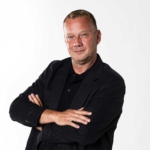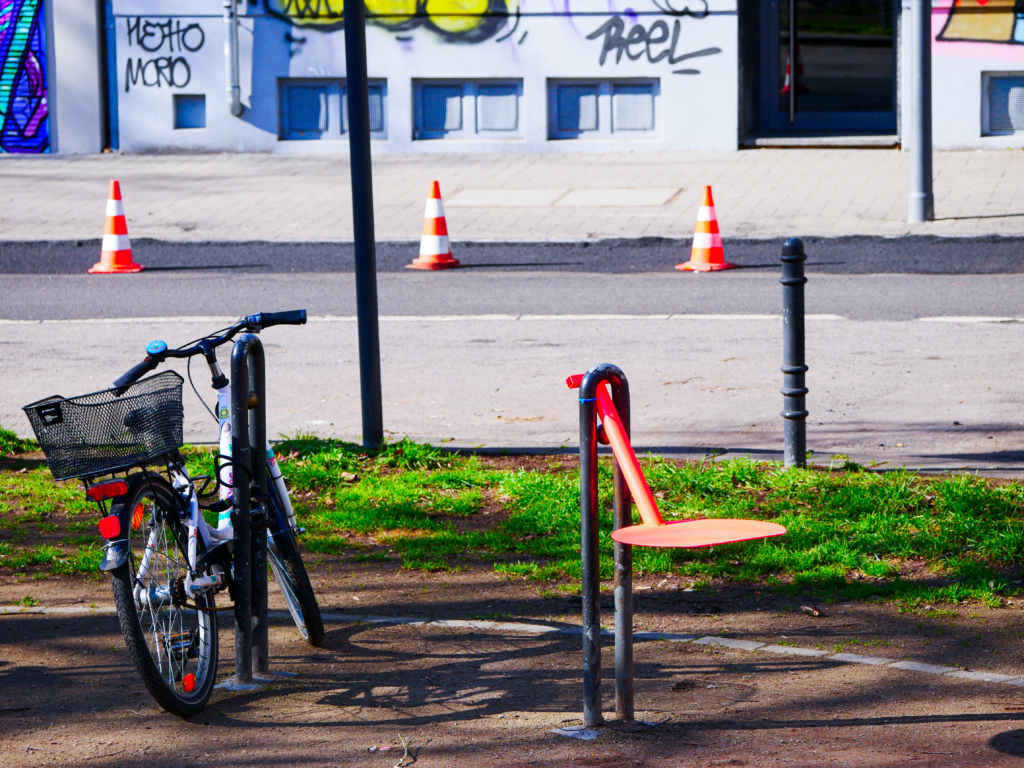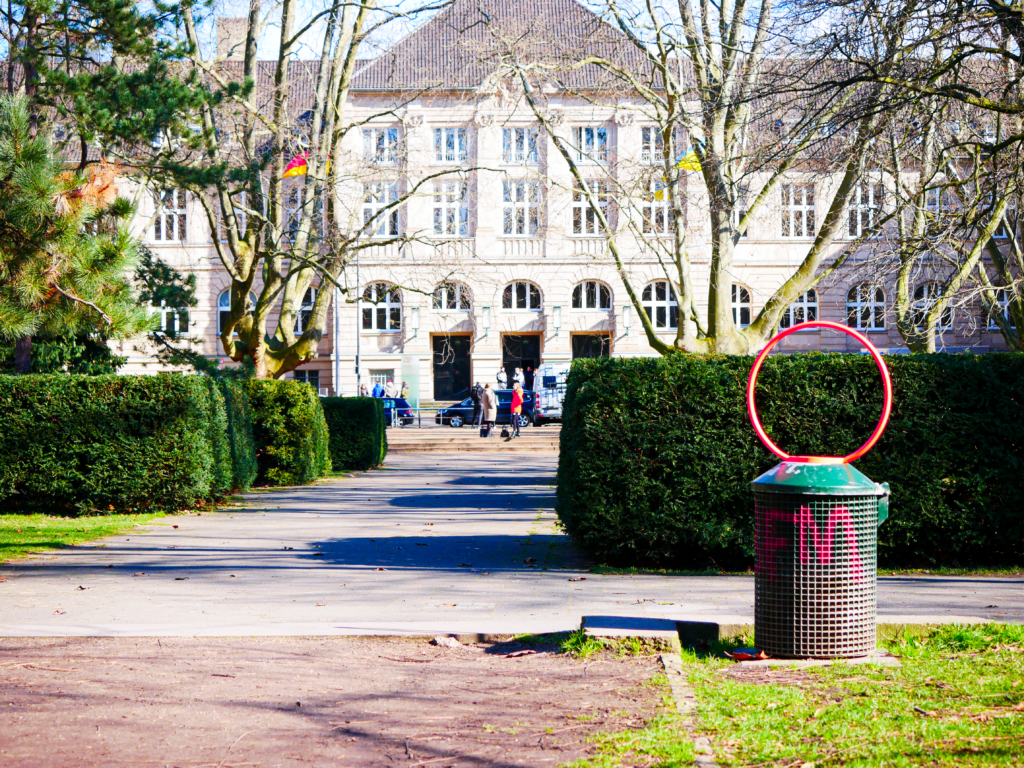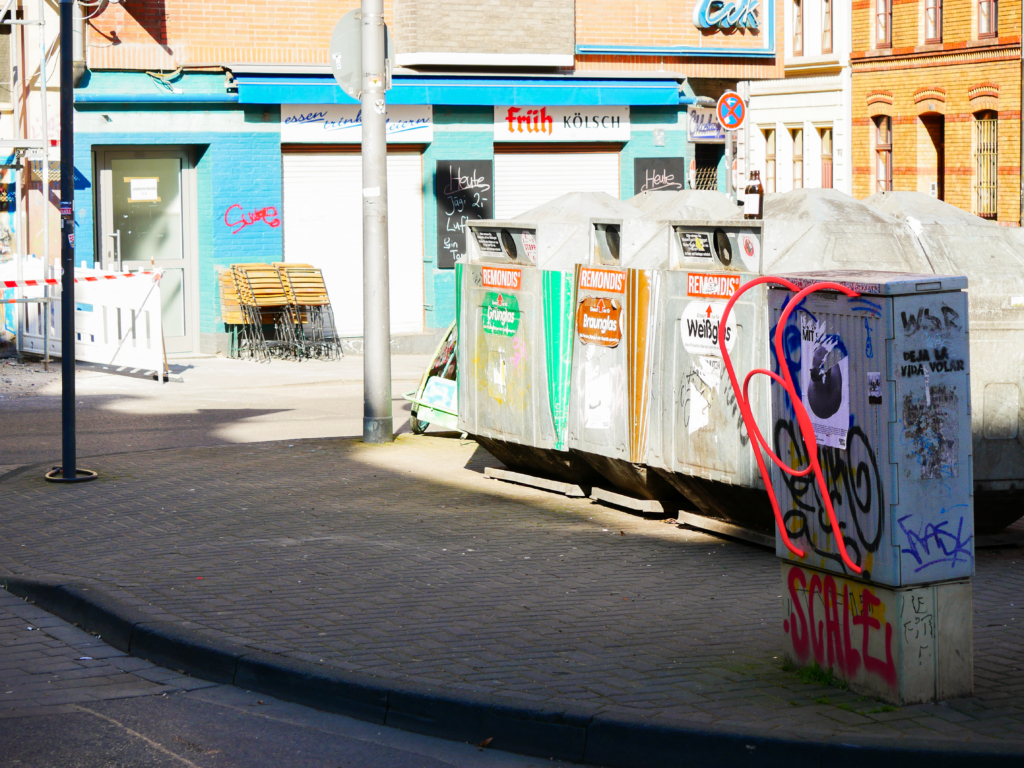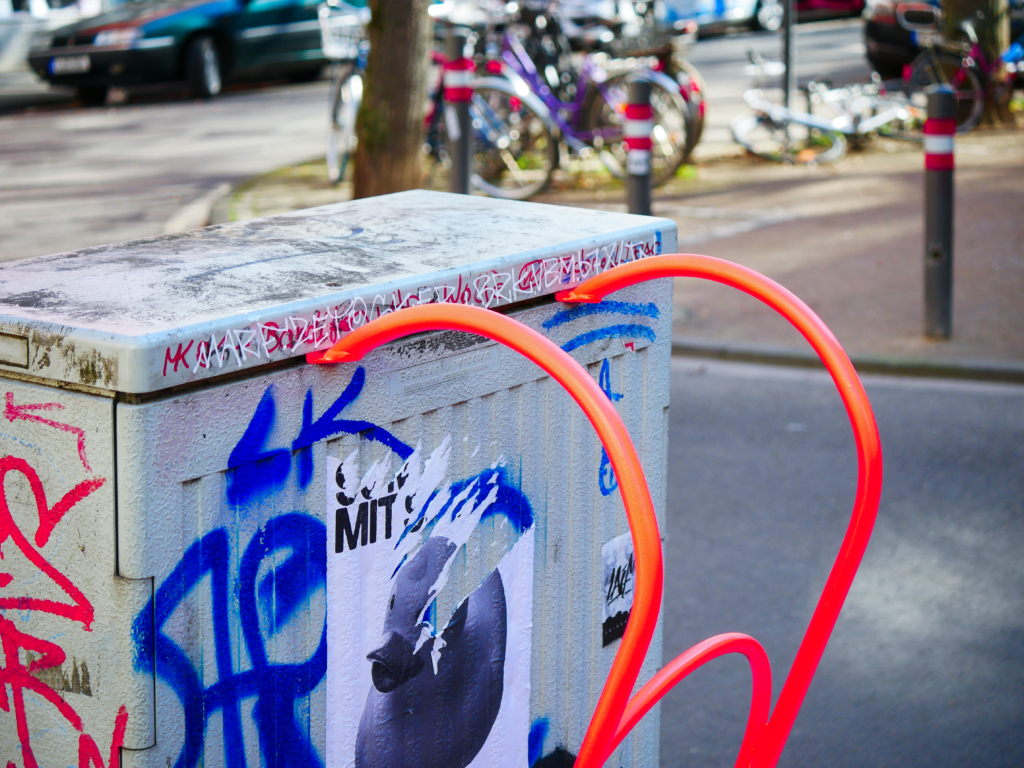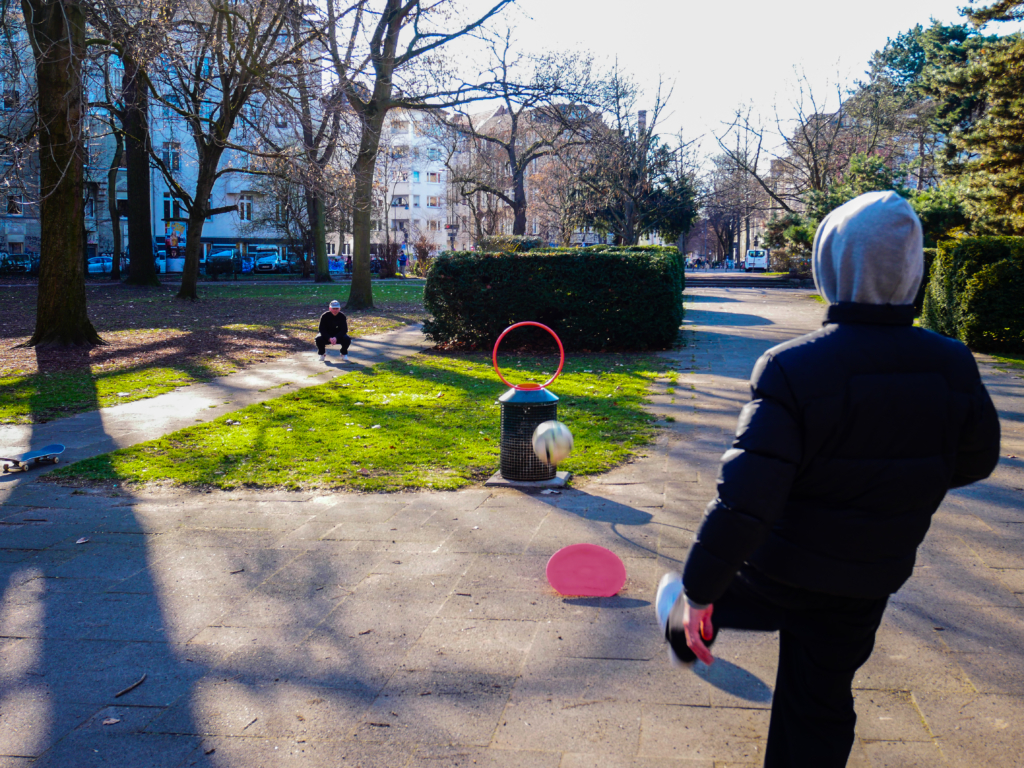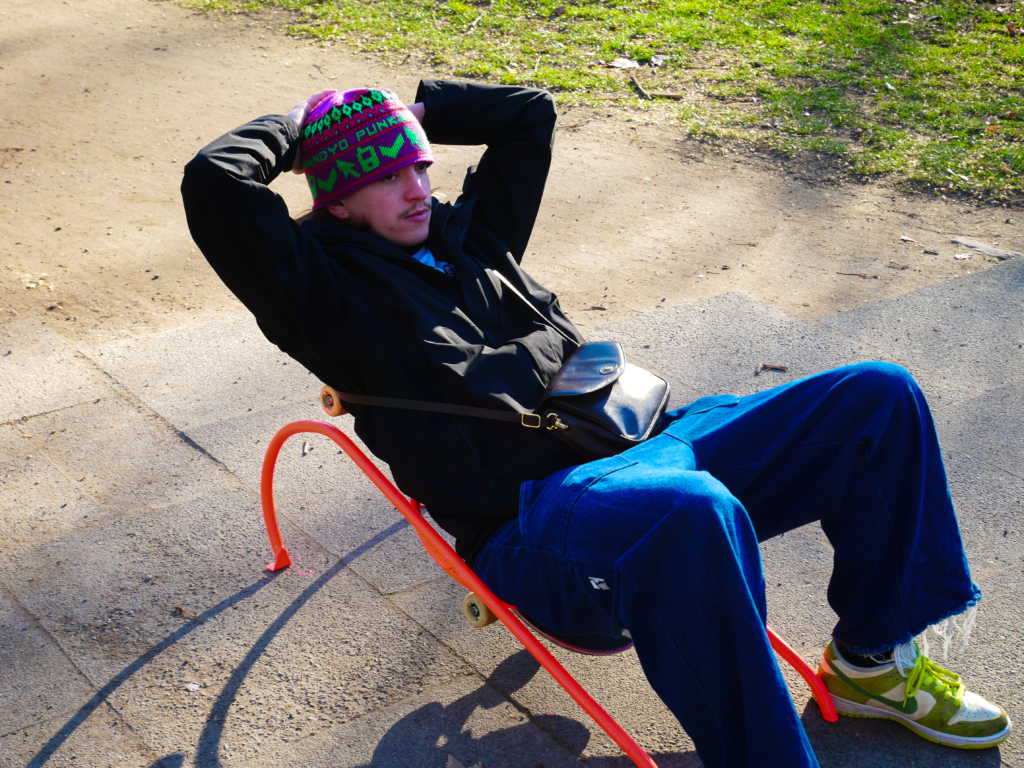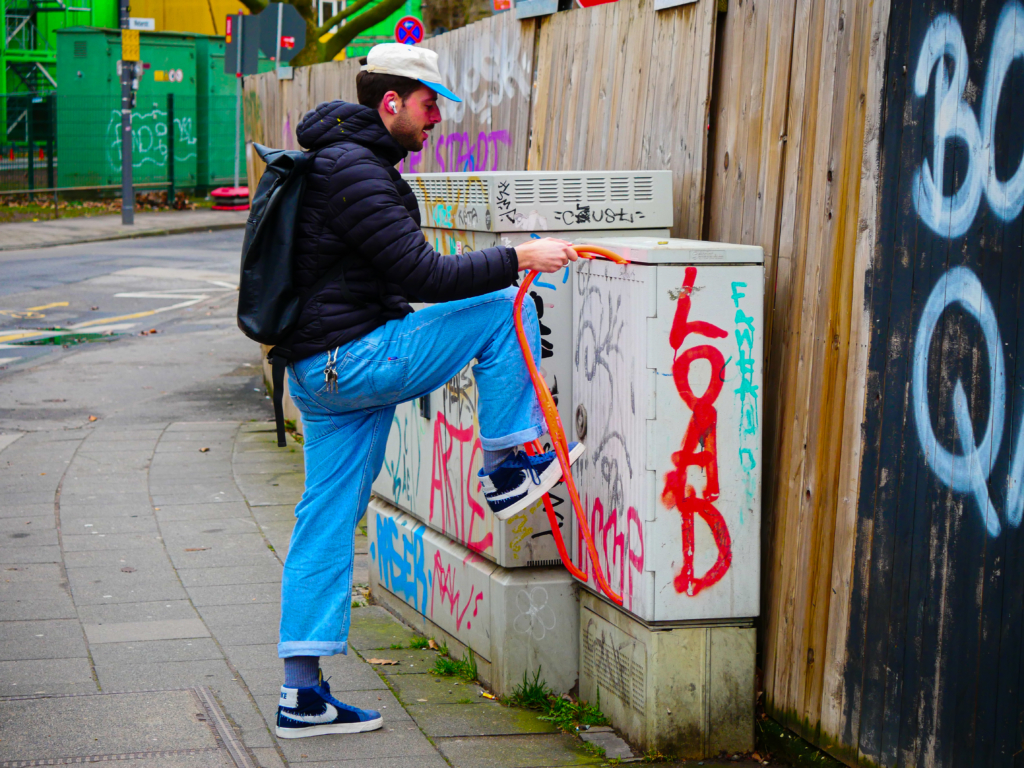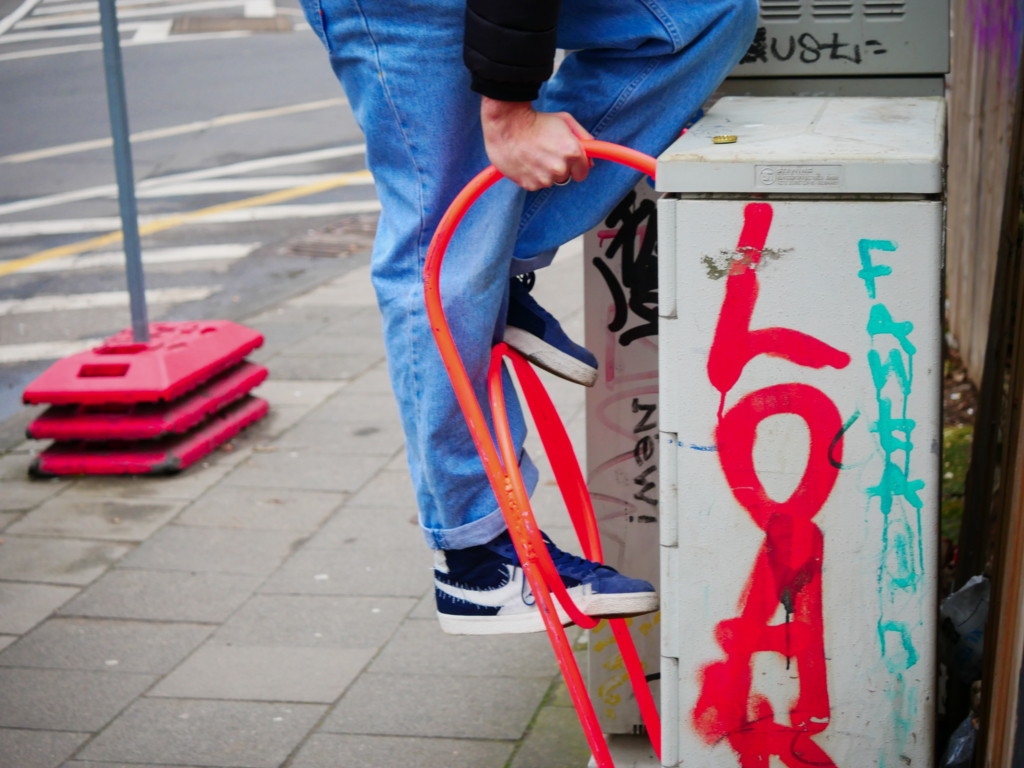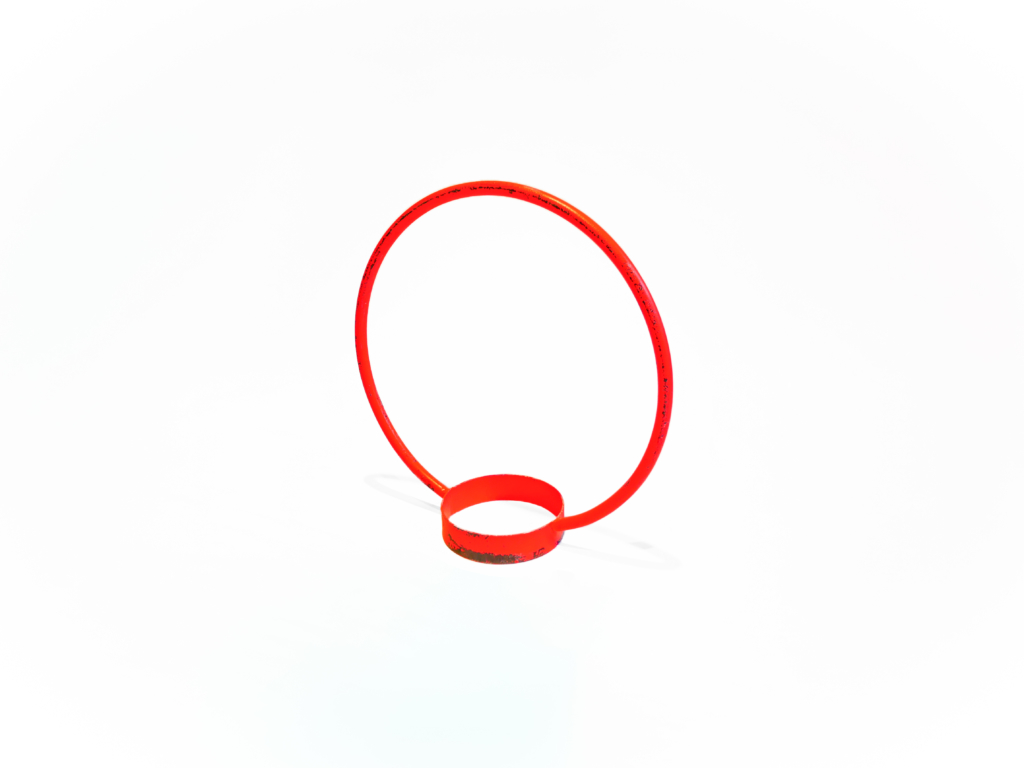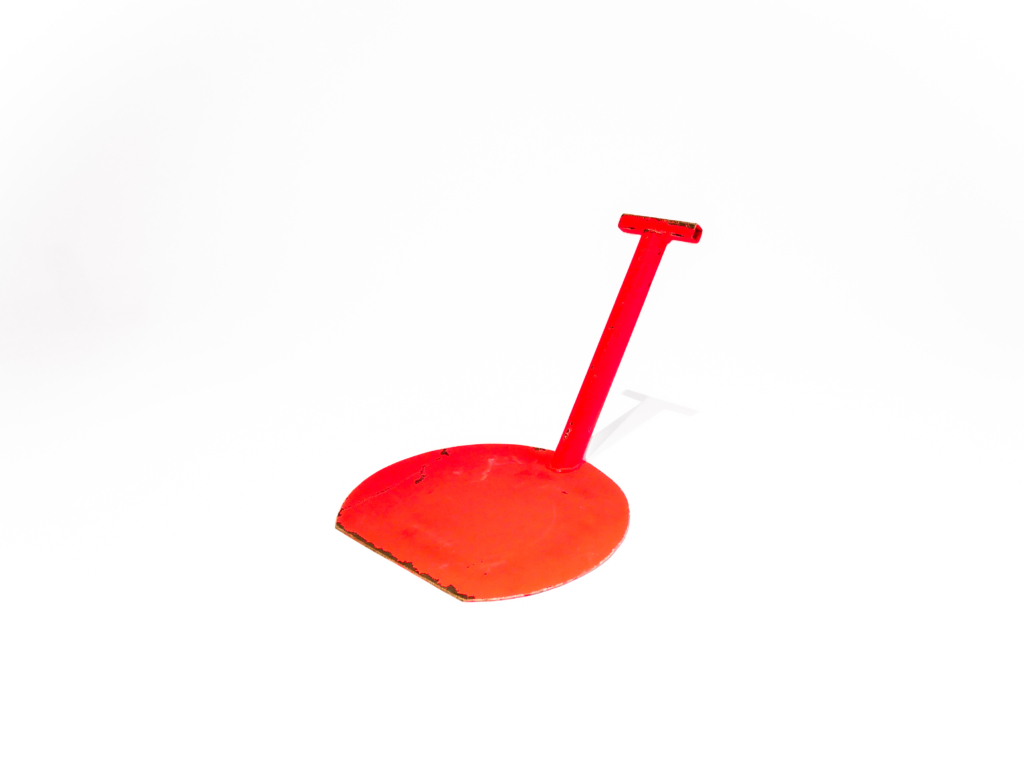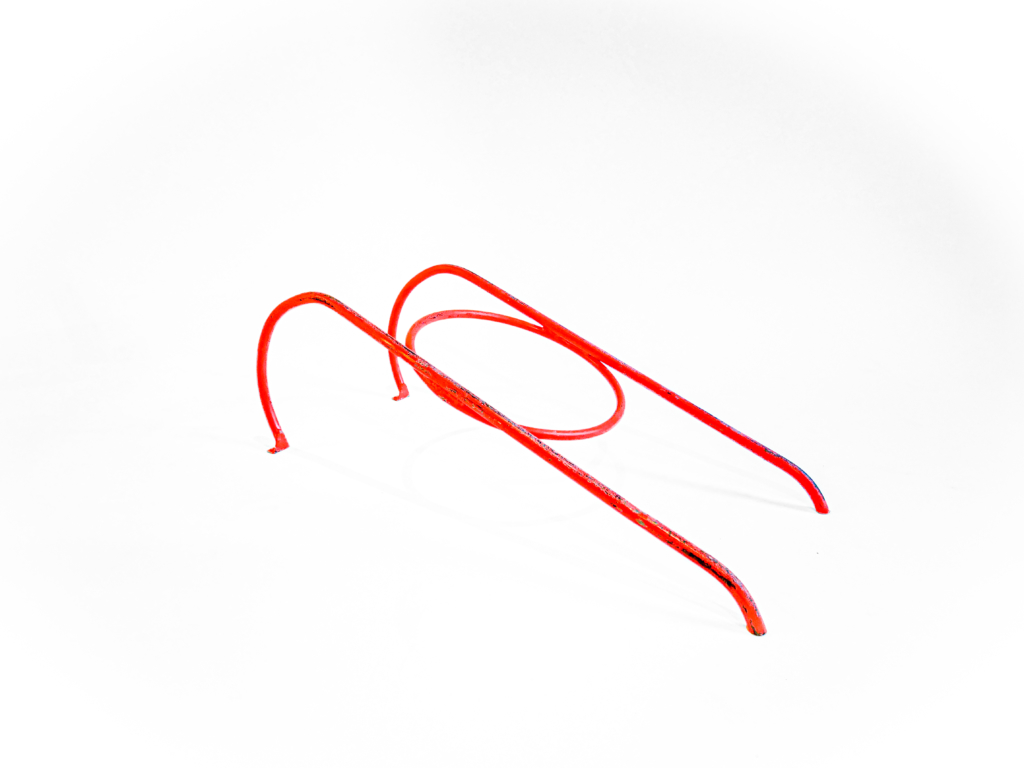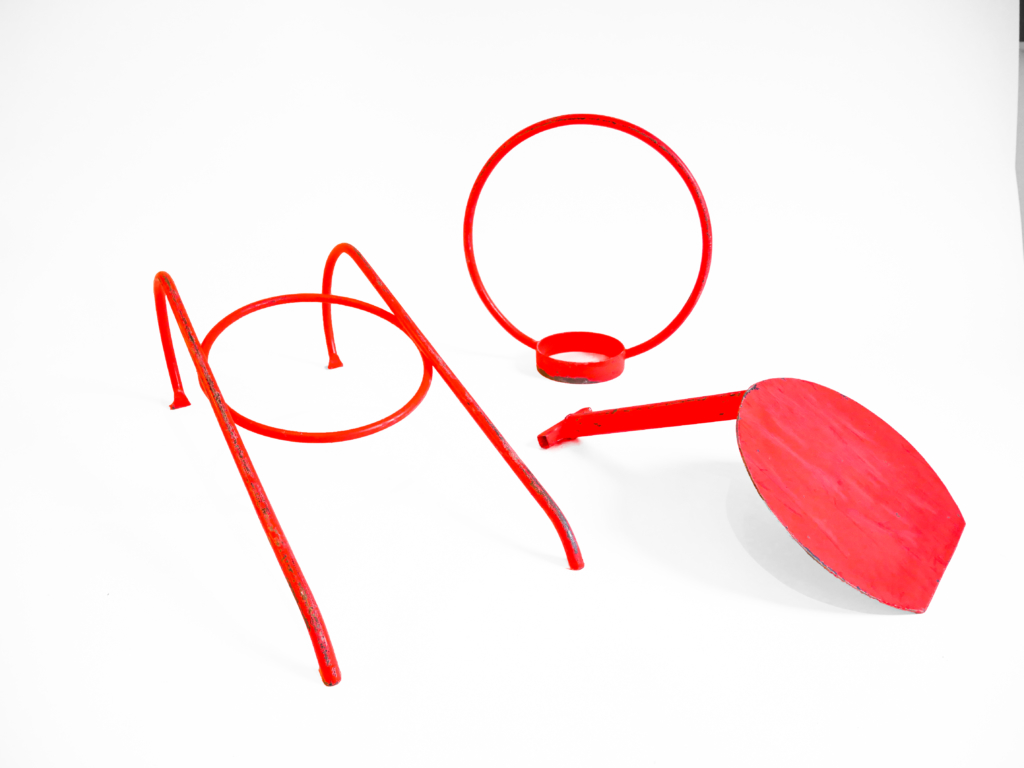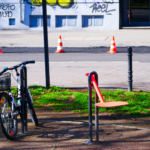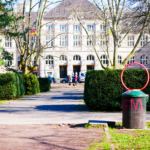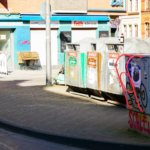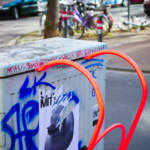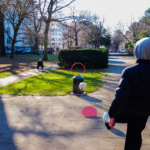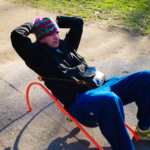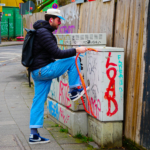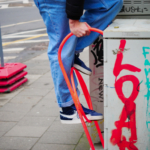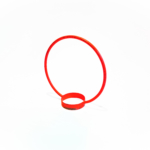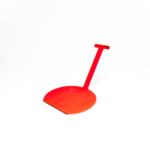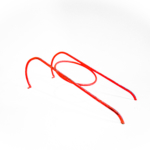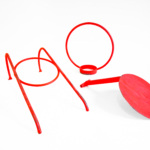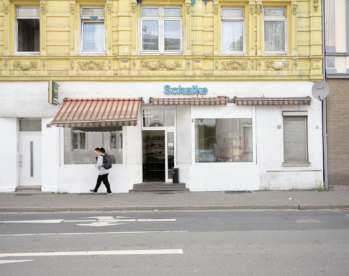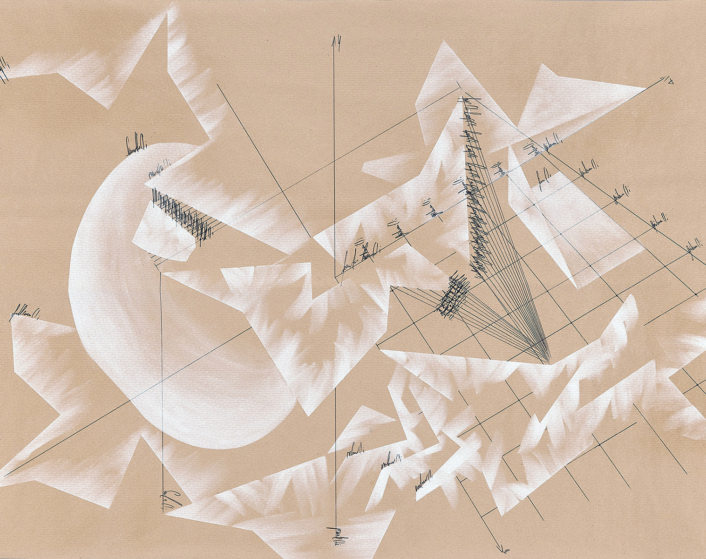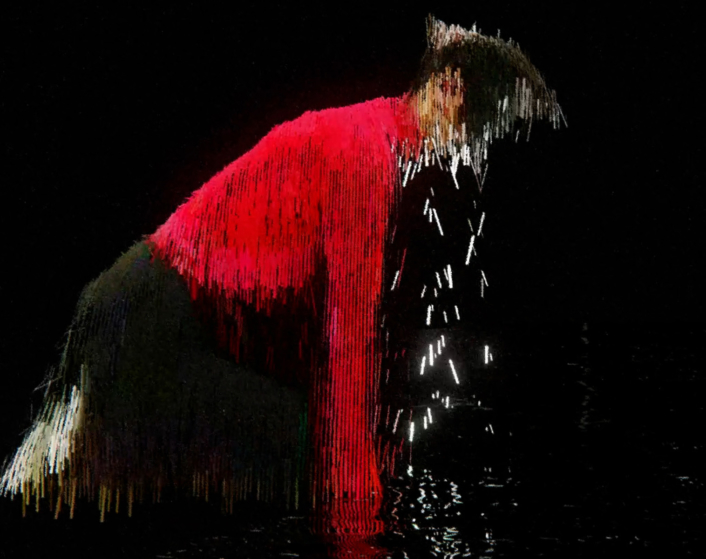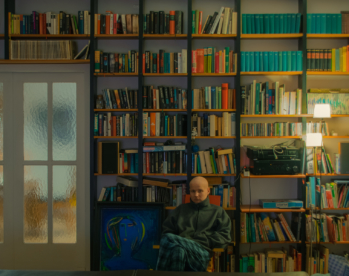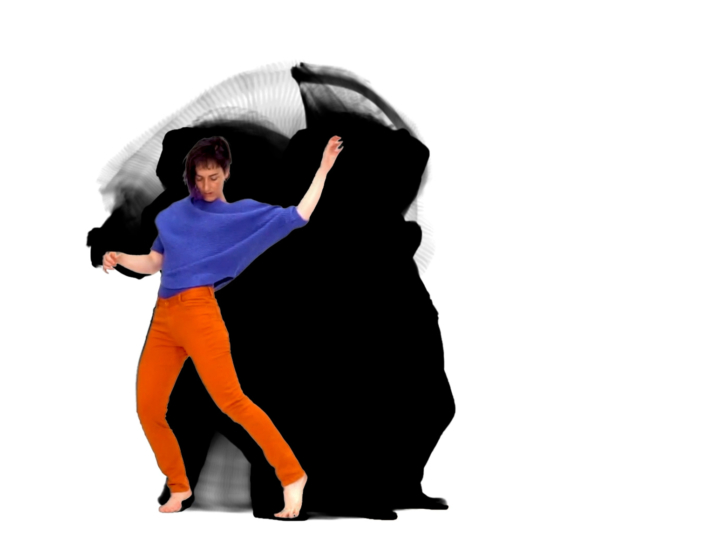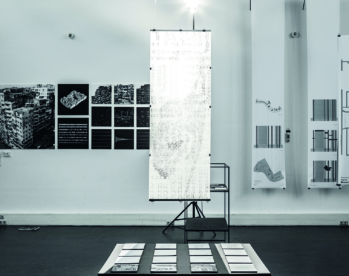The project “Urban Toolbox” by Friedel Schlör deals with public space and its design. It is about “good” and “bad” urban planning developments and tendencies from all over the world. In order to promote an open and playful use of the city, he developed 3 mobile steel attachments that can be applied to Cologne's street furniture.
The project addresses the possibilities of urban space appropriation for residents and shows both positive and negative tendencies in urban development. The privatisation of public spaces, anti-homeless design, Barcelona’s Superblocks or “skate-friendly cities” among many other things are adressed within the scientific part of the work. In collaboration with the supervising professor Andreas Wrede, Schlör developed a concept for steel objects. They were created by intensive research in the field of urban design, with the inspiration of the French artist Pierre Descamps and an earlier idea of Schlör himself. In Schlör’s previous work, he had developed a “polejam” that could be put into a manhole as an attachment for skating. This gave rise to the idea of making attachments for street furniture, that were built in the KISD workshops. The pieces of street furniture were to remain usable in their original form, whereby the use of the steel objects was not to be immediately obvious. Thus, they are also to be seen as a symbolic support of the call: “Make the public space your own.”. The idea is to promote togetherness, not to disturb it. The work draws attention to grievances in Cologne’s urban design.
The cityscape is largely minimalist” as is also the case in other large German cities. Public space belongs to everyone and consumer-free places are essential for people with little or no income. Cologne’s street furniture serves as a carrier material for a free use of the city that is open to interpretation.
The project was also reported on in the Kölner Stadtanzeiger. Please click here for the article.
